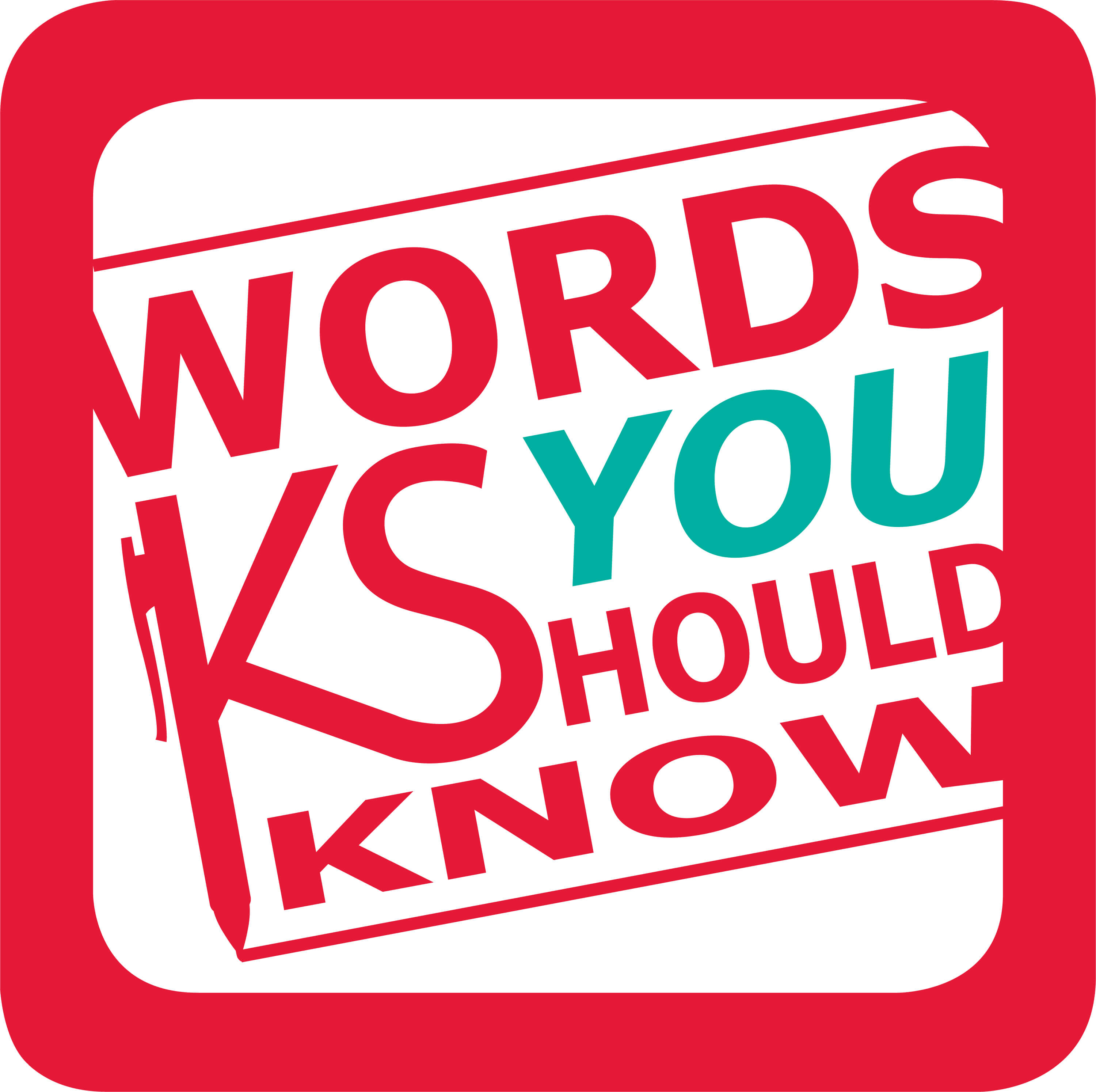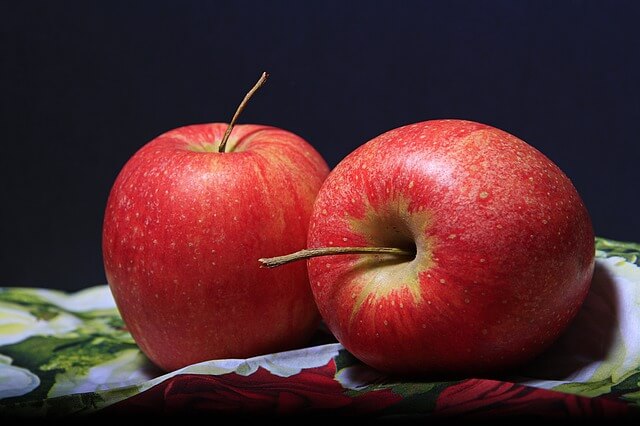
If you’re listening along as I publish each episode, you might know it’s flu season in the U.S. I’m not going to go into how to spell “flu,” as in influenza, versus a chimney “flue” or the past tense of “fly,” but I do want to talk about how an apple a day can keep the doctor away. Or if not the medical side of this conversation, let’s at least turn to the language side of things.
Apples. Are they “preventative” or “preventive”? What’s the surprising linguistic twist of the Bible’s mention of the apple in the Garden of Eden? And while we’re on the subject, what’s the explosive story behind the expression, “how do you like them apples?”
Apples, apples, everywhere. This is the “Words You Should Know” podcast, season 2, episode 4
Season 2, Episode 4 – How do you Like Them Apples? (no, seriously, let’s talk this out)
Podcast: Play in new window | Download
Approximate transcript:
There’s a lot of talk these days about how eating good food is like preventative medicine. Or is that preventive? Do these words mean the same thing? Are they both really words? Can you correct your grammar-challenged friend once and for all?
Let’s set this one straight. Both “preventive” and “preventative” actually date back to the 1600s, so it can be established that both are indeed words. “Preventive” came first, yet for centuries both have been used and accepted interchangeably. (Does this not irk anyone else out there who wants a simple, cut-and-dry answer?)
In both writing and speech, though, respected sources over the years have been known to favor “preventive.” “Preventative” is commonly used–yes, it’s everywhere–but really, it’s just adding in a superfluous syllable. And don’t you want every syllable you utter to count?
So should I say, how do you like them apples?
Where on earth did this phrase come from? Orchard owners? Apple thieves? Really proud produce managers?
The exact etymology of the phrase “How do you like them apples?” is a bit fuzzy, but many sources point to the idea that a specific type of mortar during World War I was nicknamed a “toffee apple.” It was large and spherical, which didn’t allow it to fully fit in the firing tube and gave it a candy apple appearance. It’s believed that the soldiers in the trenches were the first to say this phrase, “How do you like them apples?” upon firing the mortars across enemy lines.
More brutal than you expected?
Etymology, man. Stealing phrases from the trenches. Literally.
And since we’re talking about language and apples, here’s my one of my favorite pieces of apple trivia for you: “Apple” was once the generic Old English word for almost all fruit. Of course, during that era it was spelled A-E-P-E-L, but spelling aside, it’s come a long way.
Back then, if it had an edible outside and a hard core, it was simply an apple. That juicy plum? It’s an apple. A pomegranate? Well, those are grainy apples. Potatoes? Apples of the earth, of course.
If you speak French, you can see this word history in the names of many fruits and veggies still today.
But here comes the most interesting part. That forbidden fruit from the garden of Eden? What was it? I bet you know without a moment’s hesitation. It was an apple of course! Oh, wait… it was a… a… a bit of a mystery, eh? Some scholars believe this referenced figs, others grapes. There are many theories about what fruit is really a part of this story.
The specific fruit that we know today as an “apple” only had its name solidified in roughly the 5th century. A while ago, sure, but not so long ago that it still isn’t causing some confusion.
As for “an apple a day keeps the doctor away,” that’s only the most recent version of the healthy-eating reminder rhyme. Others include ‘‘Eat an apple on going to bed, and you’ll keep the doctor from earning his bread.” I absolutely didn’t see that coming. This one shifted a bit in 19th and early 20th century to be “an apple a day, no doctor to pay.” The version commonly said today was first recorded in the early 1920s.
I bet you had no idea that apples were so interesting—or at least so interesting from a linguistic standpoint.
Preventive. Preventative. Explosion-causing. Adam and Eve aside, you can’t really argue that the apple has fallen from grace.
The apple might seem ubiquitous, but it has its own secret stories. Now you know some of them too.
Join 1,000+ subscribers and sign up for my English language tips and trivia email newsletter for more like this.
If you like what you’ve been hearing, don’t forget to subscribe to this podcast (via Apple Podcasts, Android, Google Podcasts, Stitcher, or RSS) so you’ll never miss out on another word you should know. Many thanks to those of you who have taken the time to rate my show on iTunes or wherever you listen.
Words. Language. Communications. You’ve got this.
